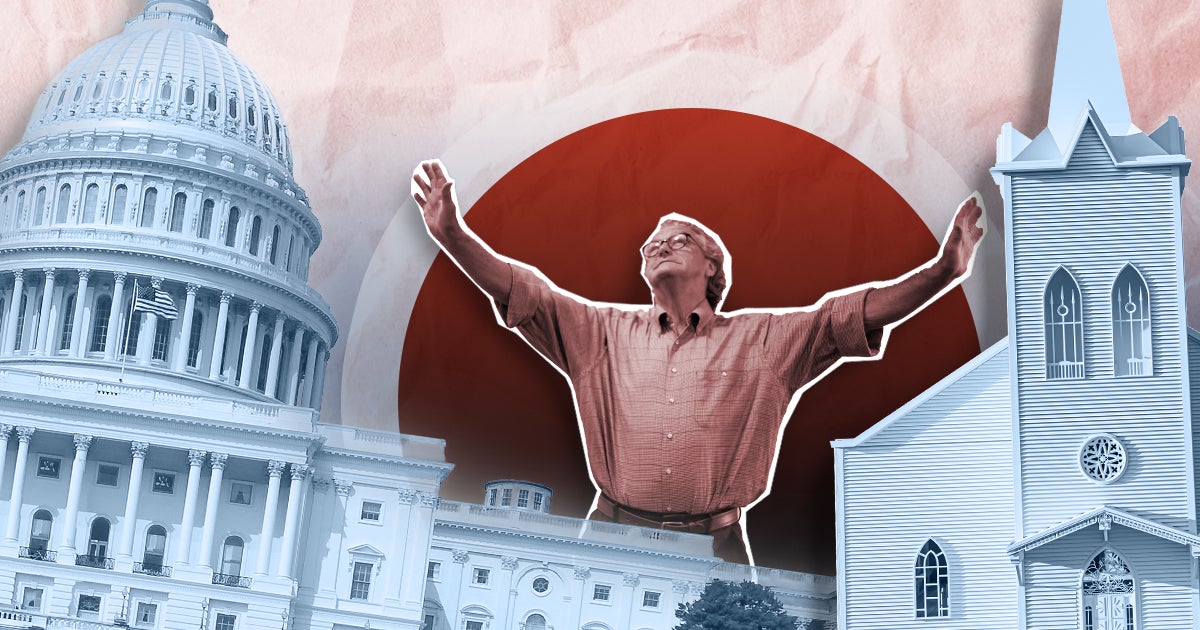
by Howard Goldthwaite • 3 minute
Americans don’t need to agree on which religion to practice. But we do need to agree on having freedom to practice it, and to respect the chosen faith of someone else—which is exactly what the Founding Fathers agreed to protect.
That’s why there are no asterisks in the First Amendment. It doesn’t say: Congress shall make no law respecting an establishment of religion, or prohibiting the free exercise thereof.*
(*unless your faith is exercised in public, or at work, or you’re a government employee, or if someone might grumble about it.)
The quest for religious freedom is the reason why so many people a few centuries ago left the heavy-handed oppression of other countries and resettled in America. This rich heritage of freedom provided the cultural backdrop that explains why religious rights were fiercely defended as a bedrock value in the founding of our country.
But ever since Thomas Jefferson first penned the phrase, “wall of separation between Church and State” in his famous Danbury letter, it’s been mangled and misconstrued to mean: “When the State is involved, Church better back away if it knows what’s good for it.”
The term “separation of Church and State” has become a sweeping catchphrase, casually tossed around to sweep religion under the rug, out of the public square, and cloistered securely inside the walls of wherever it gets practiced—the exact opposite of Jefferson’s intent.
Low level bureaucrats, drunk on their thimble full of power, often think they’re laying down the law that separates Church and State. But the problem is, it’s not the law. And it’s not in the Constitution. If they’d do two minutes of research, they could find that out.
As they draw an imaginary line between Church and State, religious and secular, they insist that anything religious must stay on their side of the line. That might be considered tolerance, but it’s sure not free exercise. Free exercise means religion can go wherever it wants.
Religion shouldn’t just be merely “tolerated”—which was the word James Madison strongly opposed in the early wording of the Bill of Rights. He substituted the phrase, “free exercise” of religion. There’s a big difference.
In a country that maintains the tolerance of religion, it’s surprising how dangerously close tolerance is to intolerance.
When it comes to the free exercise of faith, government’s role is to stay out of the way. But many people think it’s government’s role to get in the way to block any public practice of religion. For example, the case of Cambridge Christian School, which First Liberty recently asked the U.S. Supreme Court to hear.
In 2024, a federal appeals court maintained a lower court ruling that prayer over the loudspeaker at a high school football game must not be allowed. The case has been bouncing around the court system since 2015.
Cambridge Christian School was competing for their Florida division state championship—and they were playing against another Christian school. Both schools had a long-held tradition of praying before playing. But when a representative for Cambridge Christian School stepped up to the stadium’s microphone to say the prayer, he was flatly denied in the name of keeping Church and State separated. That’s where tolerance becomes intolerance.
The Constitution instructs us that America should always remain faith-friendly. But we backtracked from that ideal in 1971 with the precedent of Lemon v. Kurtzman. It was a deeply flawed legal precedent that made almost any public display of religion easily restricted. Fortunately, Lemon was finally overturned in 2022 with First Liberty’s Supreme Court victory in our Coach Kennedy case, bringing a renewed level of freedom not seen in over 50 years. Sadly, many people of faith still think Lemon is the law of the land and they’re bullied into silence.
The free exercise of faith is the very first right mentioned in the very first amendment of the Bill of Rights. It comes first because it’s the right that protects all other rights that follow. That’s why even people who don’t consider themselves to be religious or affiliate with any particular faith, or even those who are atheists and agnostics, should celebrate the newly formed Presidential Commission on Religious Liberty.
Don’t be fooled by critics who proclaim the commission only protects the rights of Christians. This commission will help protect an atheist’s right to be an atheist. Or a Hindu’s right to practice Hinduism. Or a Jewish person to practice Judaism, a Muslim to practice Islam, or anyone’s right to switch from one faith to another.
If the government ever decides that the right to exercise one’s chosen religion comes from the government; of if the government denies there’s a power higher than itself—heaven help us.